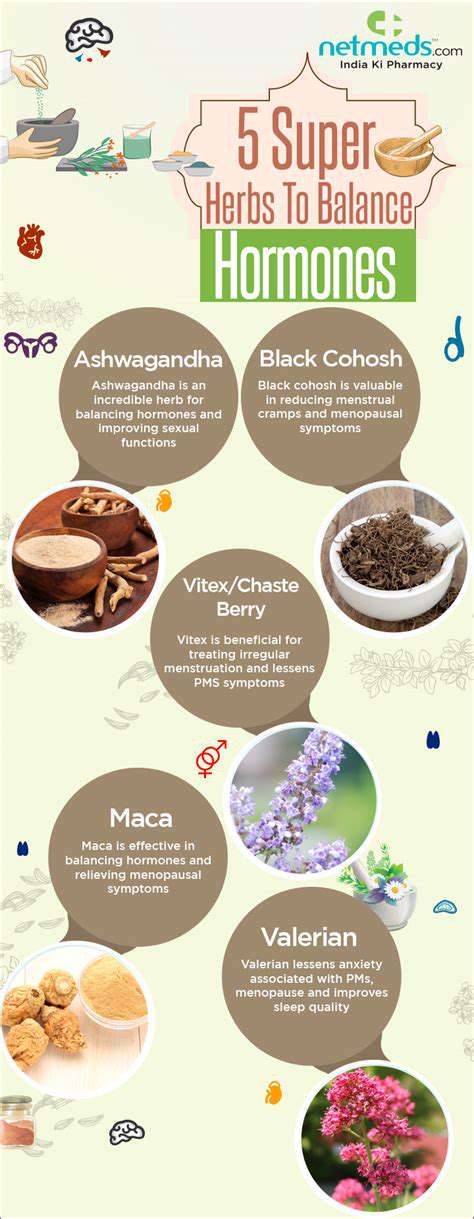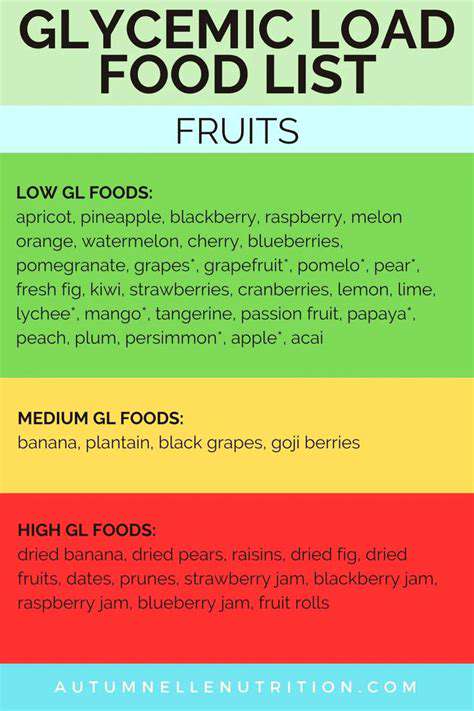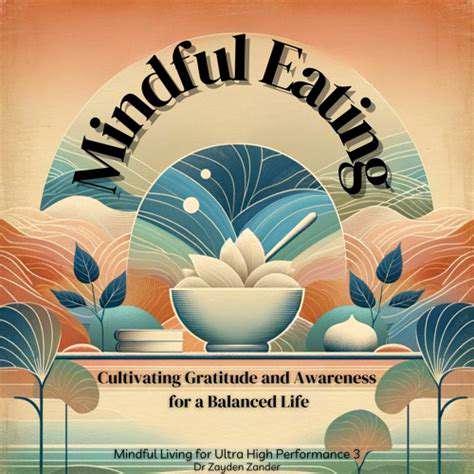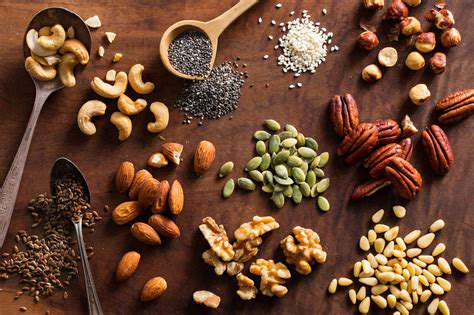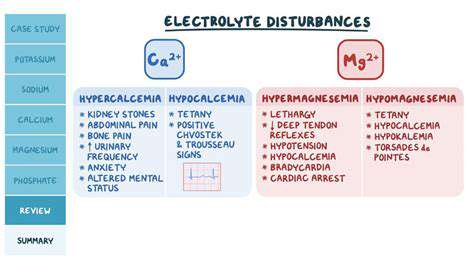Understanding Your Constitution in TCM: Personalized Wellness
These fundamental constitutions are not static; they can shift and evolve throughout life, influenced by factors like diet, lifestyle, and environmental conditions. Recognizing these shifts and the underlying imbalances associated with each constitution is crucial for preventative care and proactive health management.
Identifying Your Lung Constitution
Individuals with a Lung constitution often exhibit a tendency towards dryness, and are prone to respiratory issues, such as coughs and colds. Their Qi is often light and easily affected by external factors. These individuals typically have a delicate constitution, requiring careful attention to their environment, and may experience sensitivities to cold and wind. Their complexion might be pale or lightly flushed, and they might have a tendency toward anxiety or emotional vulnerability.
Characteristics of the Kidney Constitution
Those with a Kidney constitution often display a strong sense of resilience and a deep connection to their roots. They tend to be grounded and stable, with a strong drive and ambition. However, they may also be susceptible to issues related to the lower back, knees, and reproductive system. Their energy tends to be deep-seated, grounded, and focused, making them strong and steadfast.
Their ability to adapt to change and recover from stress can also be a key characteristic, with appropriate support. A deep understanding of their constitution can be vital for nurturing their well-being and preventing potential imbalances.
The Liver Constitution: Emotional and Physical Harmony
Individuals with a Liver constitution are often characterized by their sensitivity and emotional depth. They may experience strong emotions, and are prone to stress and digestive issues, particularly in the area of the liver and gallbladder. Maintaining emotional balance and promoting healthy digestion are vital aspects of care for this constitution. Their energy is often vibrant and expressive, but can become erratic or stagnant if not managed properly.
Heart Constitution: Emotional Well-being and Harmony
The Heart constitution is linked to emotional well-being, relationships, and self-expression. Individuals with a Heart constitution are often warm and outgoing, demonstrating a strong connection to their feelings and experiences. They tend to experience heightened sensitivity to emotional fluctuations and stress. Addressing emotional well-being through mindfulness and balancing energy flow is critical for optimal health and harmony within this constitution. Their vitality and emotional expression are key aspects to understanding this constitution and its potential challenges.
Tailoring Your Wellness Routine for Your Constitution

Prioritizing Self-Care
A crucial aspect of tailoring your wellness routine is prioritizing self-care. This involves recognizing your individual needs and actively incorporating activities that nurture your physical, mental, and emotional well-being. Understanding your personal needs is key to creating a routine that genuinely works for you, not just a generic checklist. Self-care isn't selfish; it's essential for sustained health and happiness.
Making time for activities like meditation, yoga, or simply spending time in nature can significantly impact your overall well-being. Consistent self-care practices can foster resilience and improve your ability to handle stress and challenges effectively.
Dietary Habits and Nutrition
Paying close attention to your dietary habits is another cornerstone of a personalized wellness routine. A balanced diet rich in fruits, vegetables, lean proteins, and whole grains provides your body with the nutrients it needs to function optimally. This approach goes beyond simply counting calories and instead focuses on nourishing your body with the right kinds of food.
Consider incorporating foods known for their potential health benefits, such as antioxidant-rich berries and omega-3 fatty acid-rich fish. Choosing whole, unprocessed foods over highly processed options is a key part of this strategy.
Physical Activity and Exercise
Incorporating regular physical activity into your routine is vital for maintaining physical health and mental well-being. Finding activities that you enjoy and can integrate into your lifestyle is essential for long-term adherence. Whether it's brisk walking, swimming, dancing, or team sports, movement is key.
Regular exercise can help manage stress, improve sleep quality, and boost your mood. It's also crucial for maintaining a healthy weight and reducing the risk of chronic diseases. Consistency is key – even short bursts of activity throughout the day can make a difference.
Sleep Hygiene and Rest
Adequate sleep is fundamental to overall wellness. Developing good sleep hygiene practices, such as establishing a regular sleep schedule, creating a relaxing bedtime routine, and ensuring a dark, quiet, and cool bedroom environment, can significantly improve sleep quality.
Prioritizing sleep is not a luxury, but a necessity for physical and mental restoration. Aim for 7-9 hours of quality sleep per night to support optimal cognitive function, emotional regulation, and physical recovery.
Stress Management Techniques
Stress is an unavoidable part of life, but learning effective stress management techniques is crucial for maintaining well-being. These techniques can range from mindfulness and meditation practices to engaging in hobbies and spending time with loved ones.
Developing healthy coping mechanisms for stress is essential for preventing burnout and maintaining a positive outlook. Exploring various techniques and finding what works best for you is a key part of this process.
Mindfulness and Mental Well-being
Mindfulness practices, such as meditation and deep breathing exercises, can significantly enhance mental well-being. Regular mindfulness can help reduce anxiety, improve focus, and cultivate a greater sense of inner peace.
By cultivating a mindful awareness of your thoughts and feelings, you can better manage stress and cultivate emotional resilience. Exploring different mindfulness techniques and finding what resonates with you is a valuable part of this process.
Seeking Professional Guidance
Sometimes, tailoring a wellness routine can be challenging. Seeking guidance from healthcare professionals, therapists, or wellness coaches can be immensely beneficial. They can offer personalized advice and support based on your unique needs and circumstances.
Professional guidance can provide a roadmap for addressing specific health concerns or challenges you might be facing. Don't hesitate to reach out if you feel you need additional support in your wellness journey.


